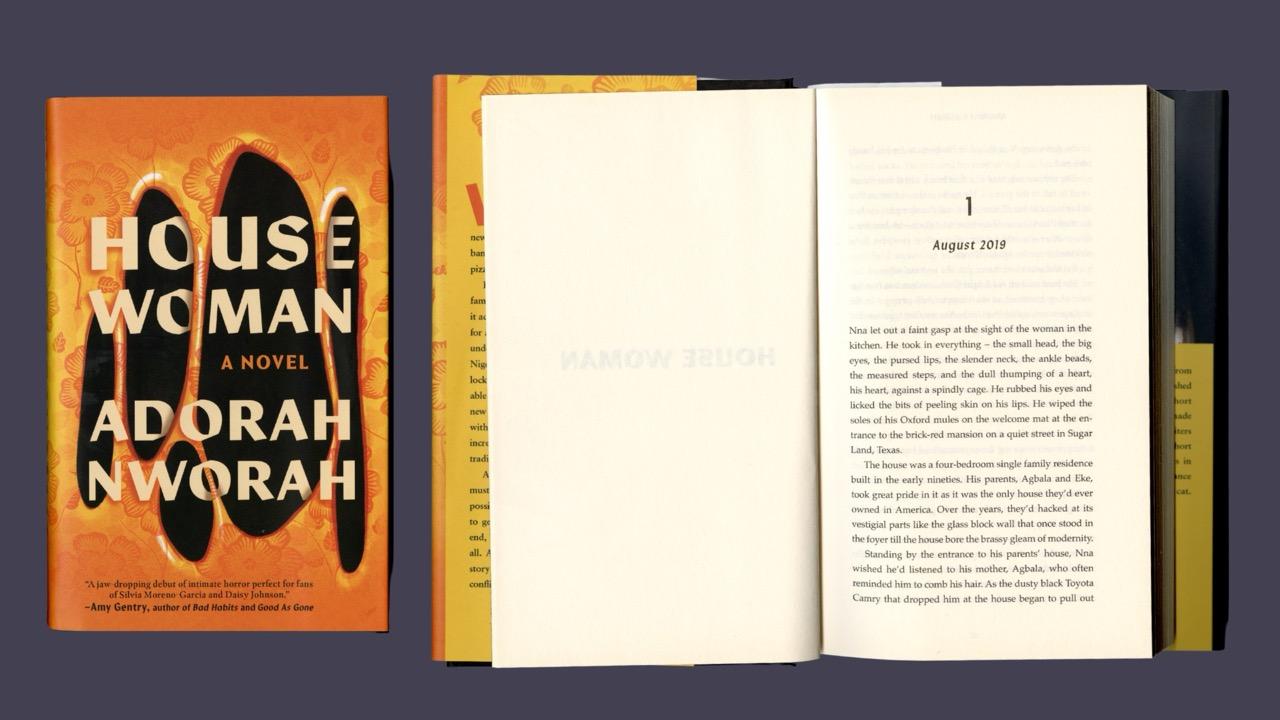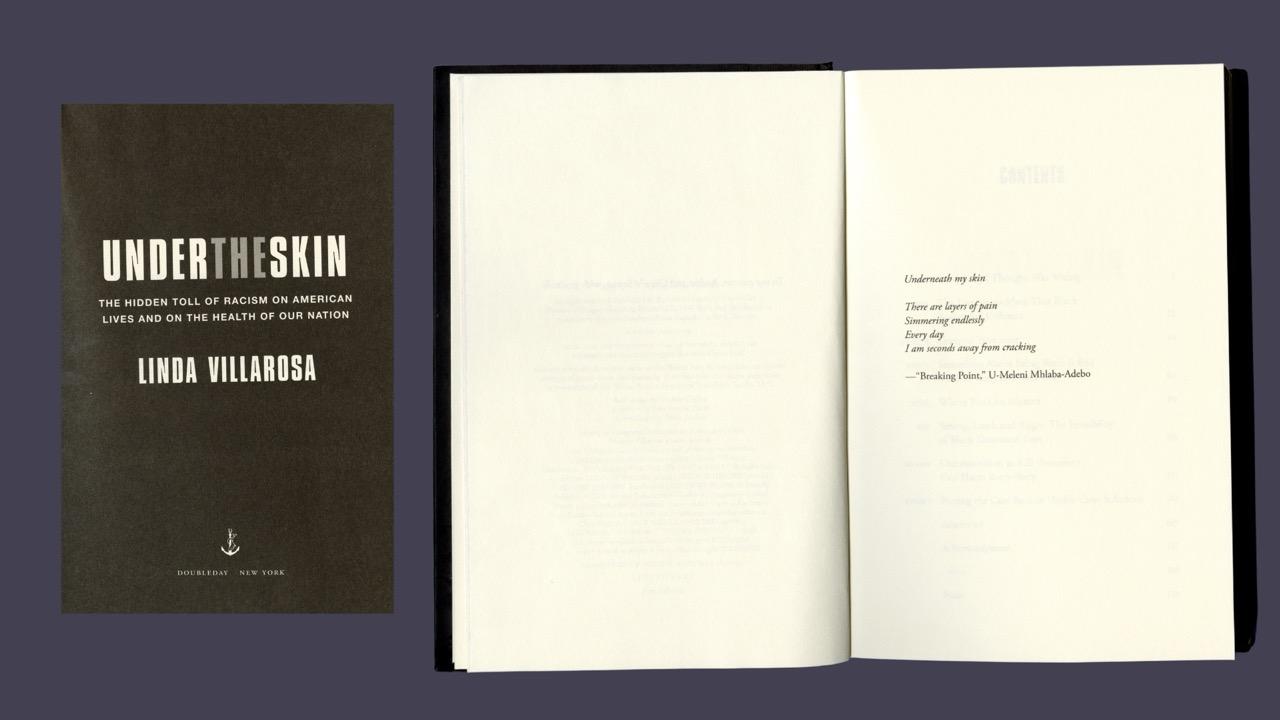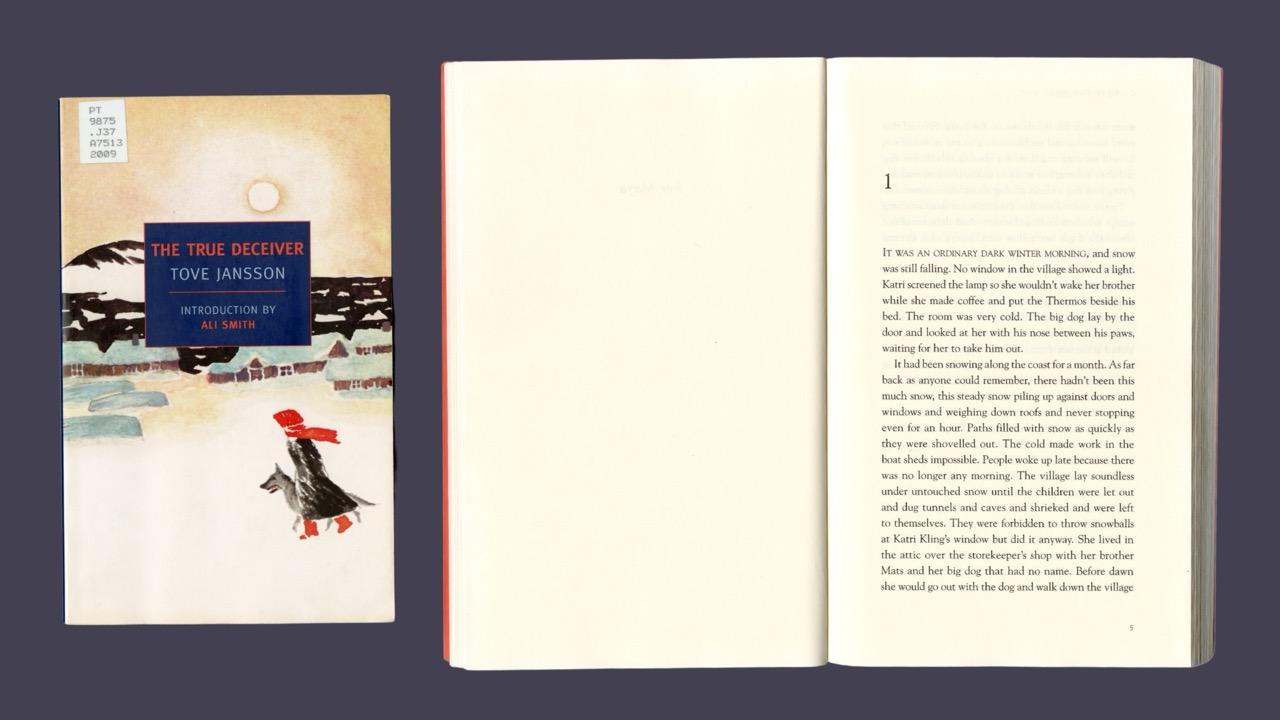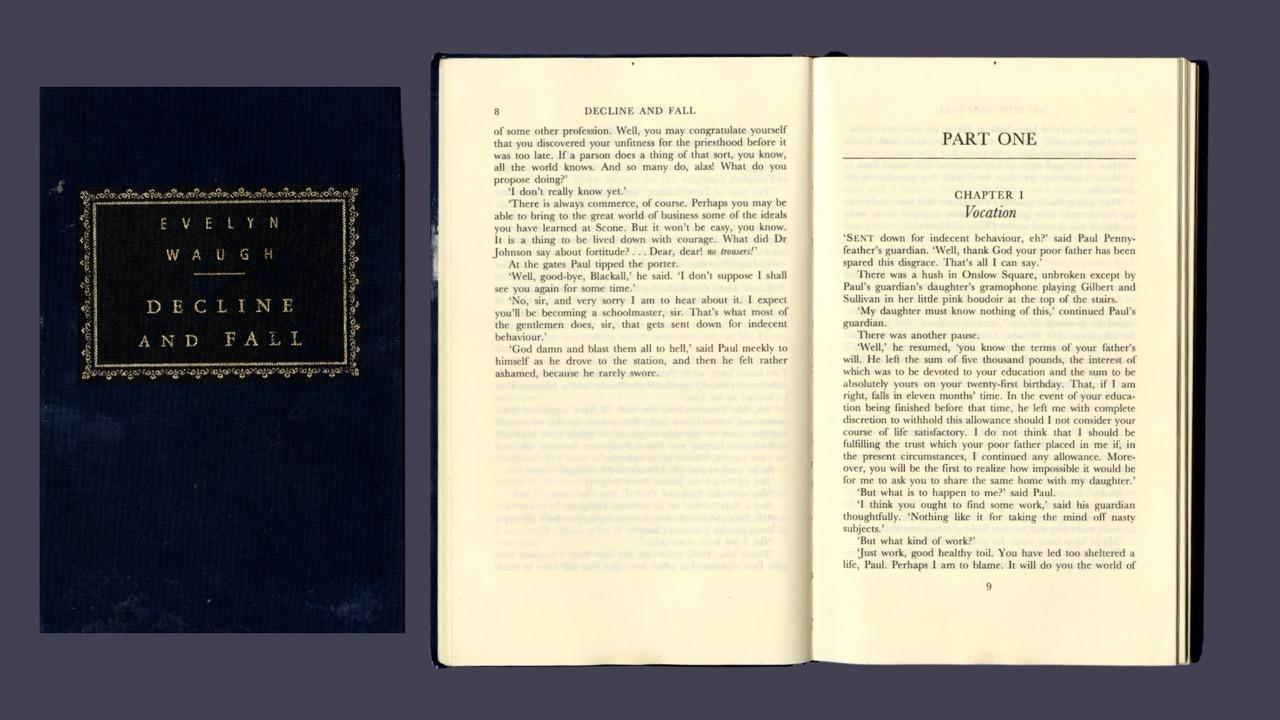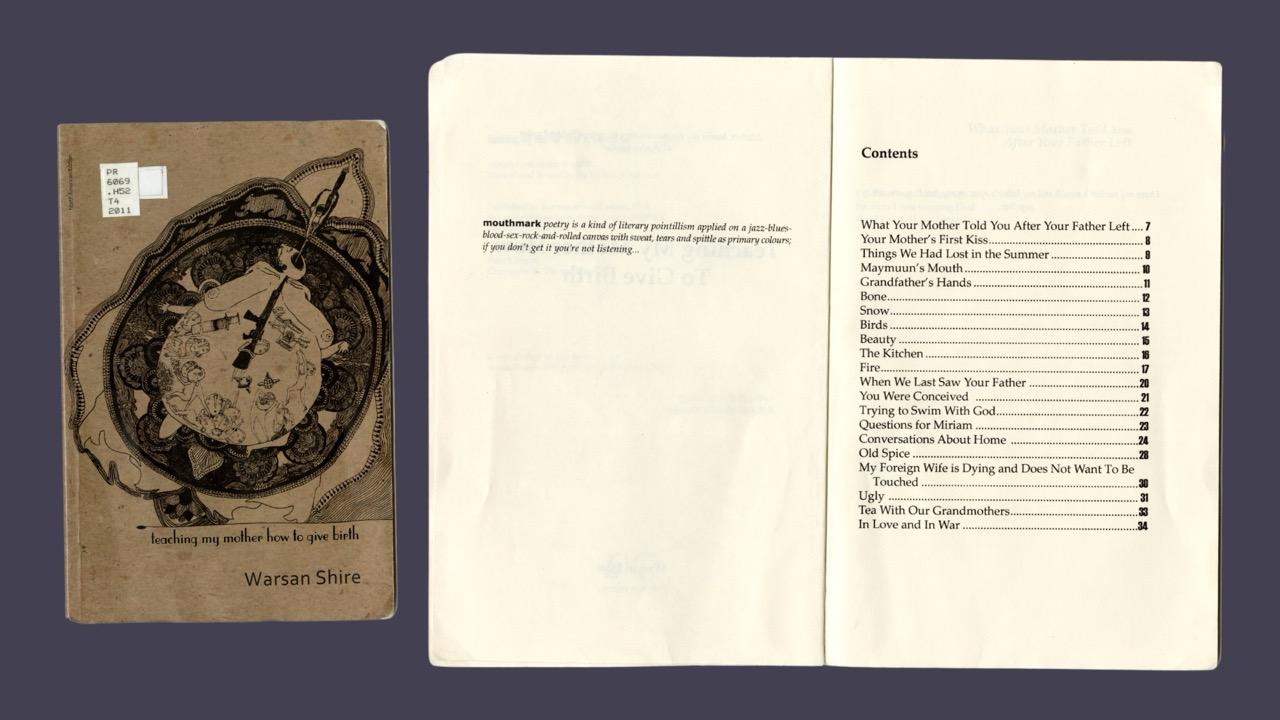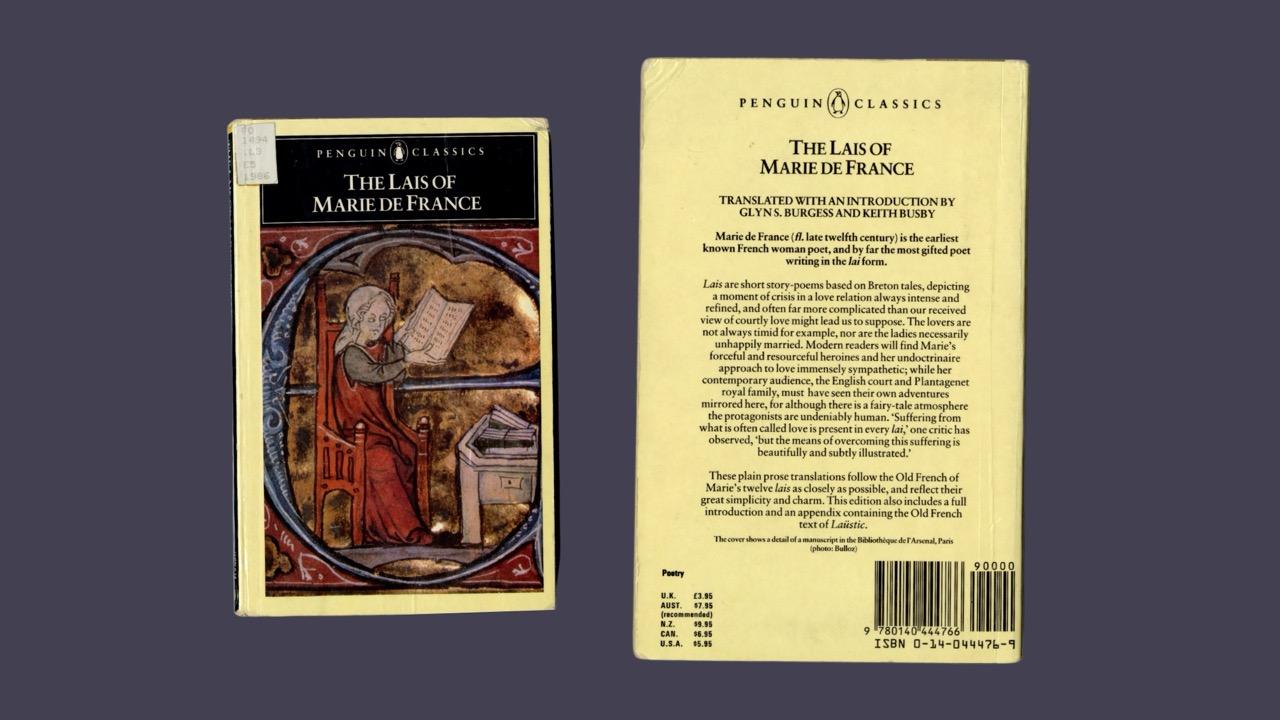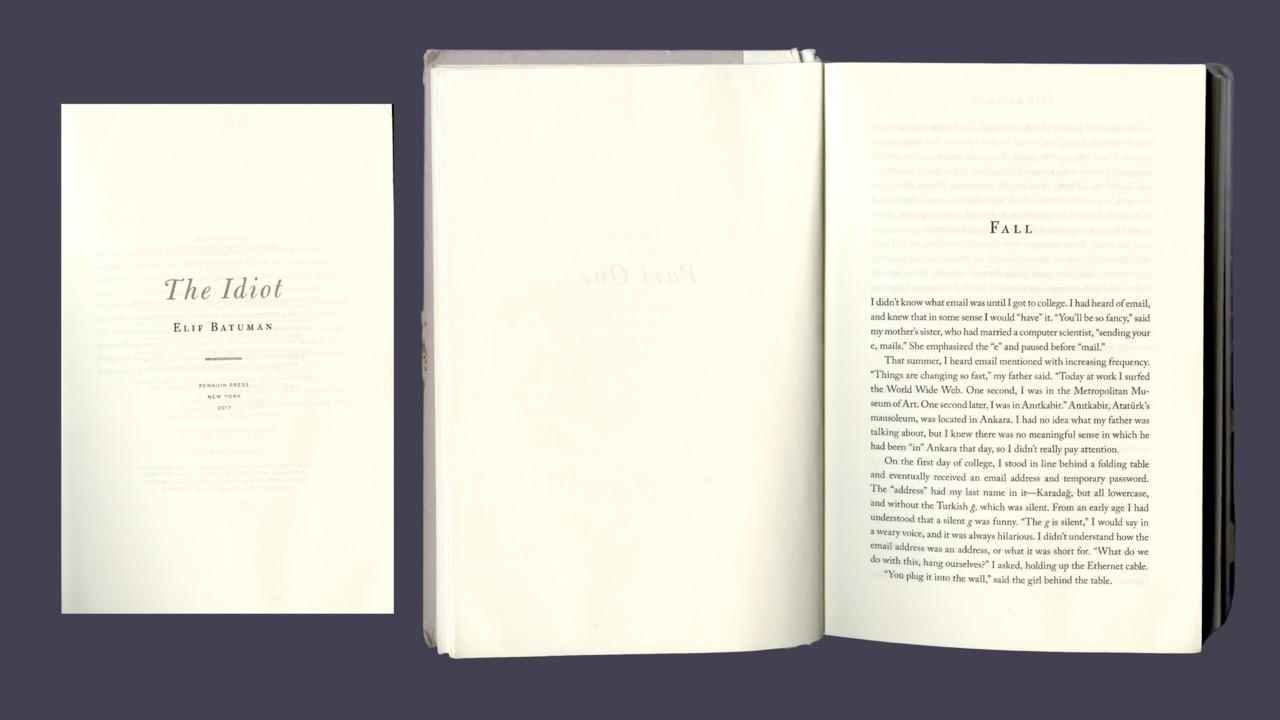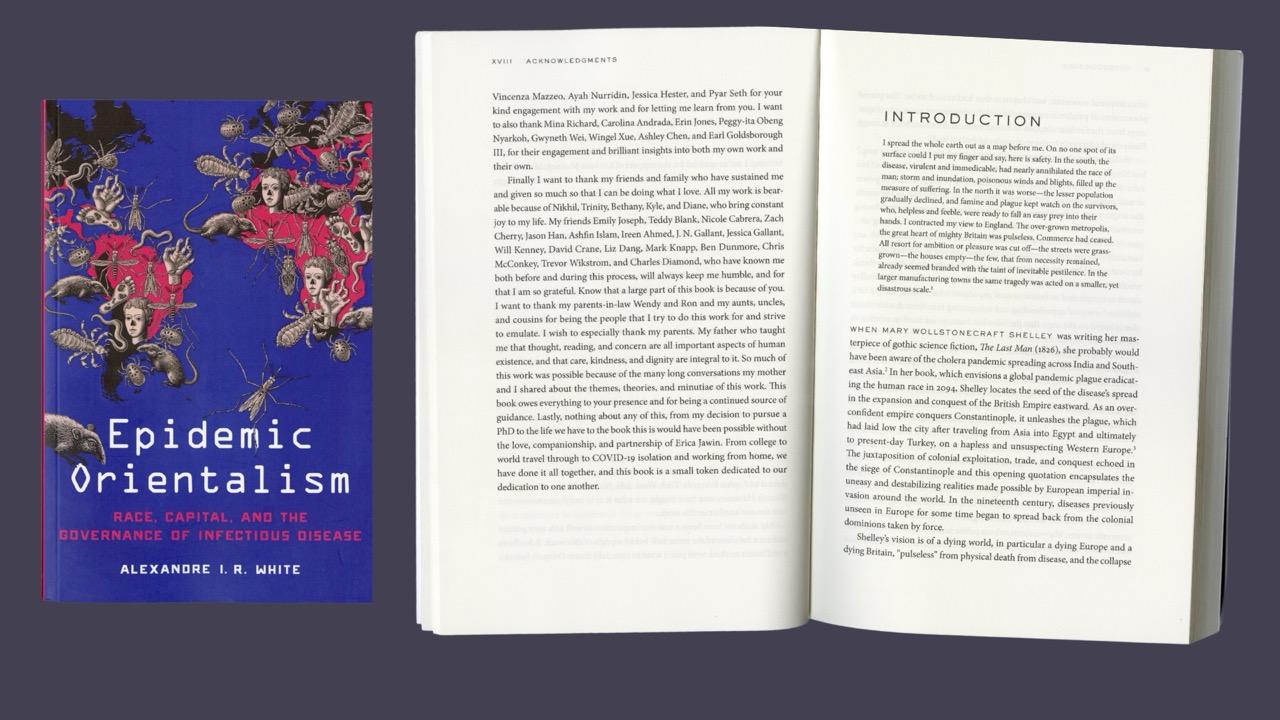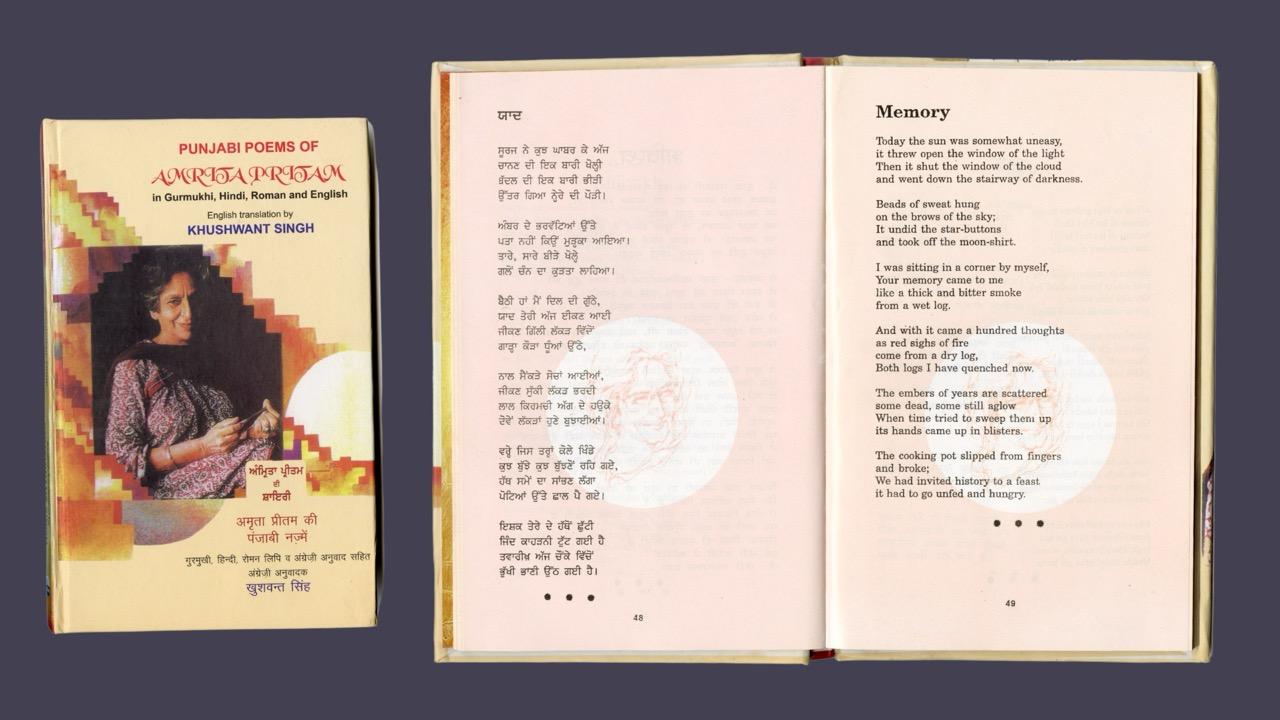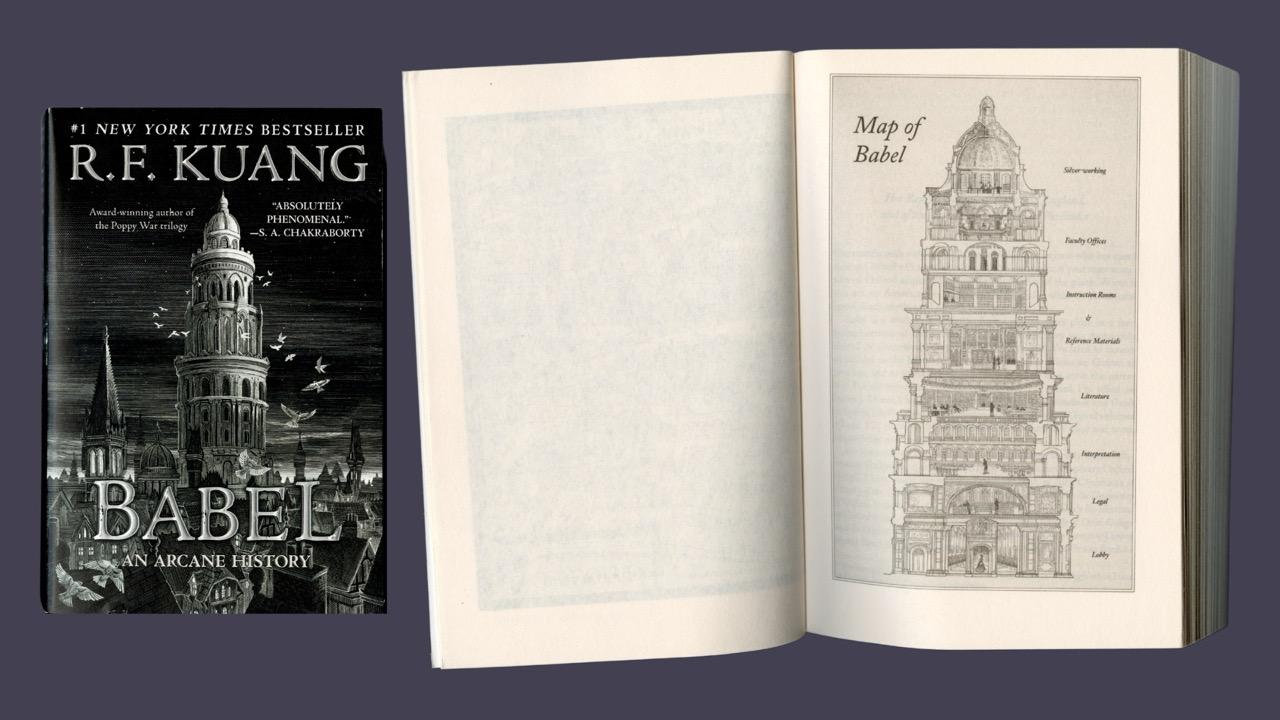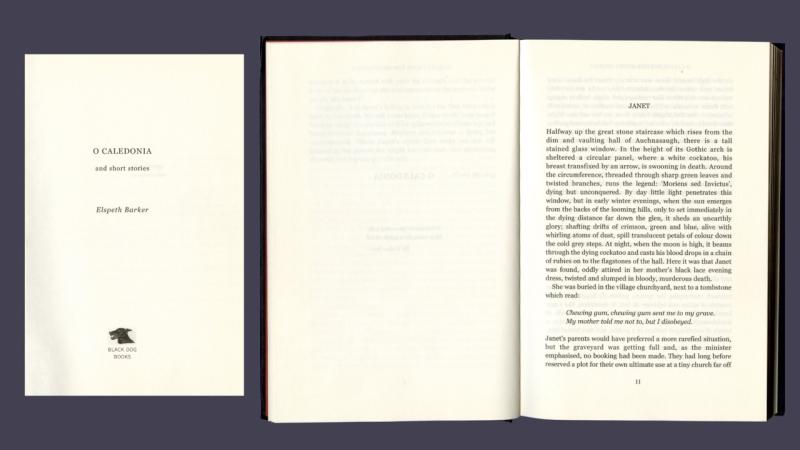
Honoring Our Graduating Student Colleagues
What book comes to mind as impacting you the most during your time at Dartmouth, and why? When we asked this year's graduating library student workers that question, the results were as unique and special as they are. In this exhibit, we highlight 13 of the 28 students who submitted selections, with some sharing what their chosen book means to them. Sometimes intimate and personal, other times philosophical or pragmatic, their words offer you a peek into their world, reflecting their time at Dartmouth.
The Student Bookplate Program
As a memorial to our student colleagues' time at the Libraries, and to show our appreciation for their work, each year we ask graduating students to select a book, after which we add their names to a bookplate inside. If the title isn't already in the Libraries' collections, we acquire it for future readers to access.
This year, students' bookplates were placed in fiction, non-fiction, and poetry by notable authors across time, covering themes such as social justice, the experiences of traditionally marginalized communities, and anti-colonial histories. This annual tradition commemorates our student colleagues' contributions to the Libraries, and helps diversify the collections.
